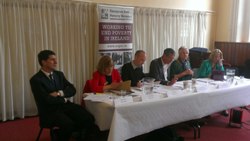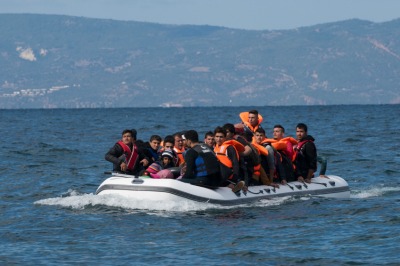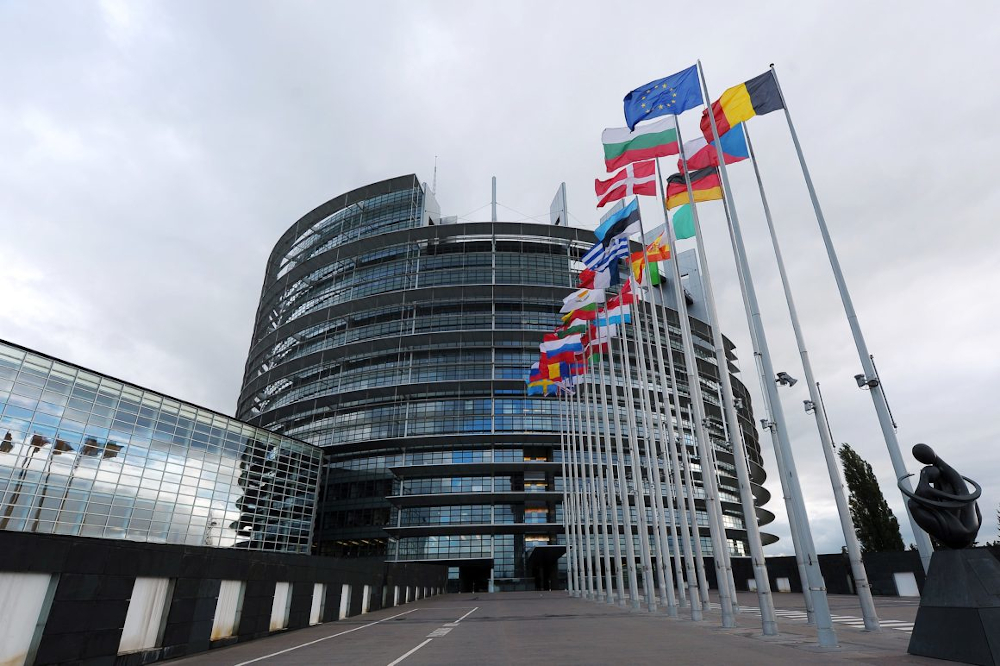
Interview with Pat Cox, Former President of the European Parliament
Edmond Grace: Over the past year you have spent some considerable time in Ukraine as EU observer to the Timoshenko case. How is the EU seen in that country? Pat Cox: For many Ukrainians, especially the young, their idea of Europe is of modernisation, values, the rule of law – especially the fight against corruption – and… Read more »







